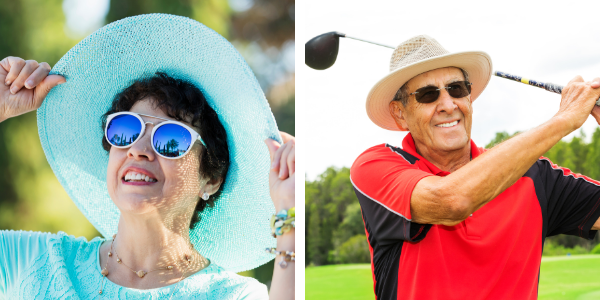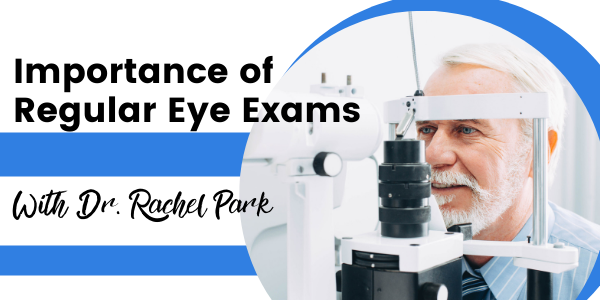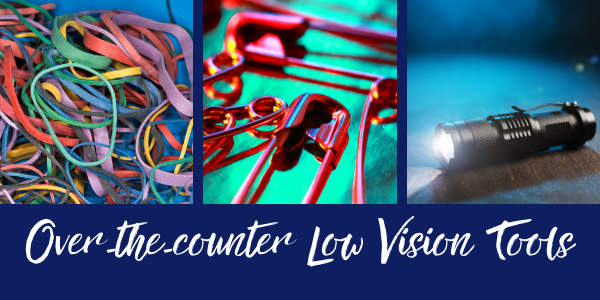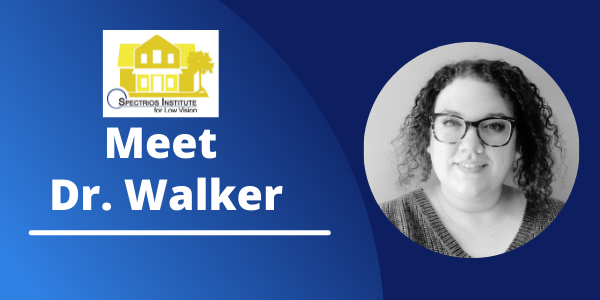Blog

Katrina’s Tips – Using Contrast
In the article Contrast Sensitivity by Dr. Park we shared three scenarios about John, Mary and Lisa. Here are some tips to address their specific contrast difficulties. Issues with Tripping

Meet Kate
We usually share an interview with a patient. Kate was a speaker at our Gala. Her words were so powerful, we decided to give this space to her. Thank you

Contrast Sensitivity – by Dr. Park
Do you have trouble seeing obstacles when you are walking? Or reading printed materials? Or seeing food on your plate? Let’s consider several scenarios: John has been treated for glaucoma

Importance of Sun Protection
As summer quickly approaches, people are spending more time under the warm sun. Sunlight has many benefits, such as regulating our melatonin, helping our bodies create Vitamin D, and decreasing

The Importance of Early Intervention
We hear from new patients regularly that they wish they knew or understood how we could help them earlier. After years of struggling with permanent vision loss and being told

Katrina’s Tips – Over-the-counter Low Vision Tools
Here’s a round-up of a few low vision tools you could find at your local craft store, drug store, dollar store, or might already having lying around your home. Rubber

Meet Dr. Walker
We have added a new Optometrist to our staff! Please join us in welcoming Katie Walker, OD. Katie is low vision residency trained and spent time working at the Lighthouse

Holiday Eating
With Thanksgiving and the December holidays just around the corner, we at Spectrios Institute are thinking a lot about eating as a visually impaired person. Here are a few tips
